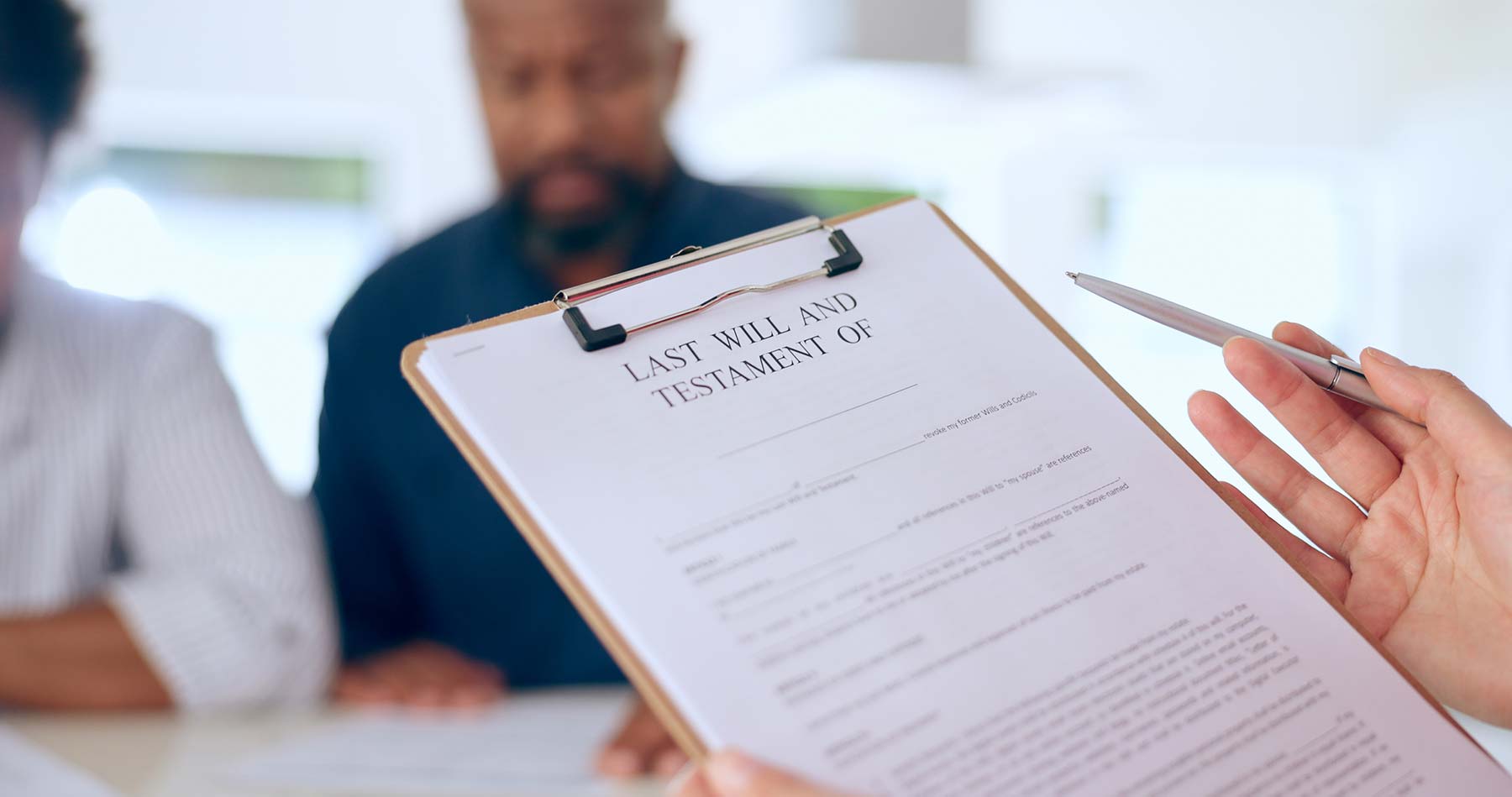What is a Statement of Claim in Legal Matters?
A statement of claim is a crucial legal document that outlines what a party owes to the claimant. This document initiates legal proceedings in a court, whether in a Local, District, or Supreme Court.
The party making the claim and commencing the legal action is known as the plaintiff, while the party responding to the claim is referred to as the defendant. If a defendant receives a statement of claim, it’s important not to ignore it, as failure to respond can result in a breach and further legal complications.
Receiving a statement of claim means the defendant owes the plaintiff money or compensation. To defend against the claim, the defendant can request further and better particulars or file a defence in the same Court where the statement of claim was initially lodged.
Are You the Plaintiff? How to Prepare a Statement of Claim
Serving a Statement of Claim is a crucial step in initiating legal proceedings. This document outlines what the defendant owes to you, the claimant, and sets the stage for your legal battle. It’s essential to understand the process and implications involved to ensure that you proceed effectively and protect your interests.
Why You Need Expert Guidance
- Understanding the Legal Framework: A Statement of Claim is more than a formality. It details your allegations, the basis for your claims, and the specific remedy you are seeking, usually in the form of monetary compensation. Having a clear understanding of this document is vital to establishing a strong case.
- Correctly Serving the Claim: Properly serving the Statement of Claim is critical. It must be delivered to the defendant in a legally acceptable manner, as improper service can delay your case or result in it being dismissed. Our team can guide you through the requirements to ensure that your claim is served correctly.
- Preparing for Potential Defences: Once the defendant receives your Statement of Claim, they have 28 days to respond. Understanding potential defences, they may raise is crucial for preparing your case. We can help you anticipate these responses and formulate a strategy to counter them effectively.
- Navigating the Discovery Process: After serving the claim, both parties will enter the discovery phase, where documents and information may be exchanged. Knowing what to request and how to respond to the defendant’s requests can significantly impact the strength of your case.
- Exploring Alternatives to Litigation: Litigation can be time-consuming and costly. Mediation is often a viable alternative that allows both parties to negotiate a settlement amicably. Our experienced team can facilitate this process, helping you to reach a resolution without the need for a prolonged court battle.
- Preparing for Court Hearings: If mediation doesn’t lead to a resolution, your case may proceed to a court hearing. Having legal expertise on your side will ensure that your case is presented effectively and that you are prepared to address any challenges from the defence.
Are You the Defendant? How to Respond to a Statement of Claim
When faced with a Statement of Claim, understanding its implications is crucial. This document signifies the start of legal proceedings and outlines what a party owes to the claimant, initiating a potentially complex process. Ignoring it can lead to serious complications, including default judgments that can significantly impact your finances and reputation.
Why You Need Expert Guidance
- Understanding the Legal Framework: A Statement of Claim is more than just a formality. It details the plaintiff’s allegations, the basis for their claims, and the specific remedy they seek, typically monetary compensation. Knowing how to interpret this document is vital for formulating an appropriate response.
- Responding Effectively: If you’re a defendant, you typically have 28 days to respond. Failing to meet this deadline can result in a default judgment against you, which can have far-reaching consequences. Seeking legal advice can help you understand your rights and obligations and ensure you respond within the required timeframe.
- Preparing a Strong Defence: If you dispute the claim, filing a defence is essential. This involves clearly articulating why the claim is invalid, potentially including counterclaims. A well-prepared defence can significantly strengthen your position in court.
- Exploring Alternatives to Litigation: Legal disputes don’t always have to end up in court. Mediation is an effective alternative that can help both parties negotiate a settlement in a more cost-effective and less adversarial manner. Our team can guide you through this process and help you consider all available options.
- Navigating the Discovery Process: Both parties may need to share documents and information during the discovery phase. Understanding what is required and ensuring compliance can be complex, but we’re here to help you gather and present the necessary evidence effectively.
- Preparing for Court Hearings: If mediation is unsuccessful, the case may proceed to a court hearing. Having a legal expert by your side can make a significant difference in how your case is presented and argued.
Seek Legal Advice from Hunter Legal & Conveyancing
When faced with a Statement of Claim, it’s crucial to respond promptly and effectively. This legal document initiates serious proceedings and ignoring it can lead to significant complications. Whether you’re a plaintiff seeking compensation or a defendant needing to contest a claim, having expert guidance is essential.
At Hunter Legal & Conveyancing, we specialise in helping clients navigate the complexities of civil disputes, property law, and family law. Our experienced team understands the intricacies of the legal process and is dedicated to providing personalised support tailored to your unique situation.
Don’t navigate this challenging terrain alone. With our expertise, you can ensure that your rights are protected and that you pursue the best possible outcome. Contact Hunter Legal & Conveyancing today at 1300 224 828 or visit our website to schedule a consultation. Let us help you take the next step with confidence.




